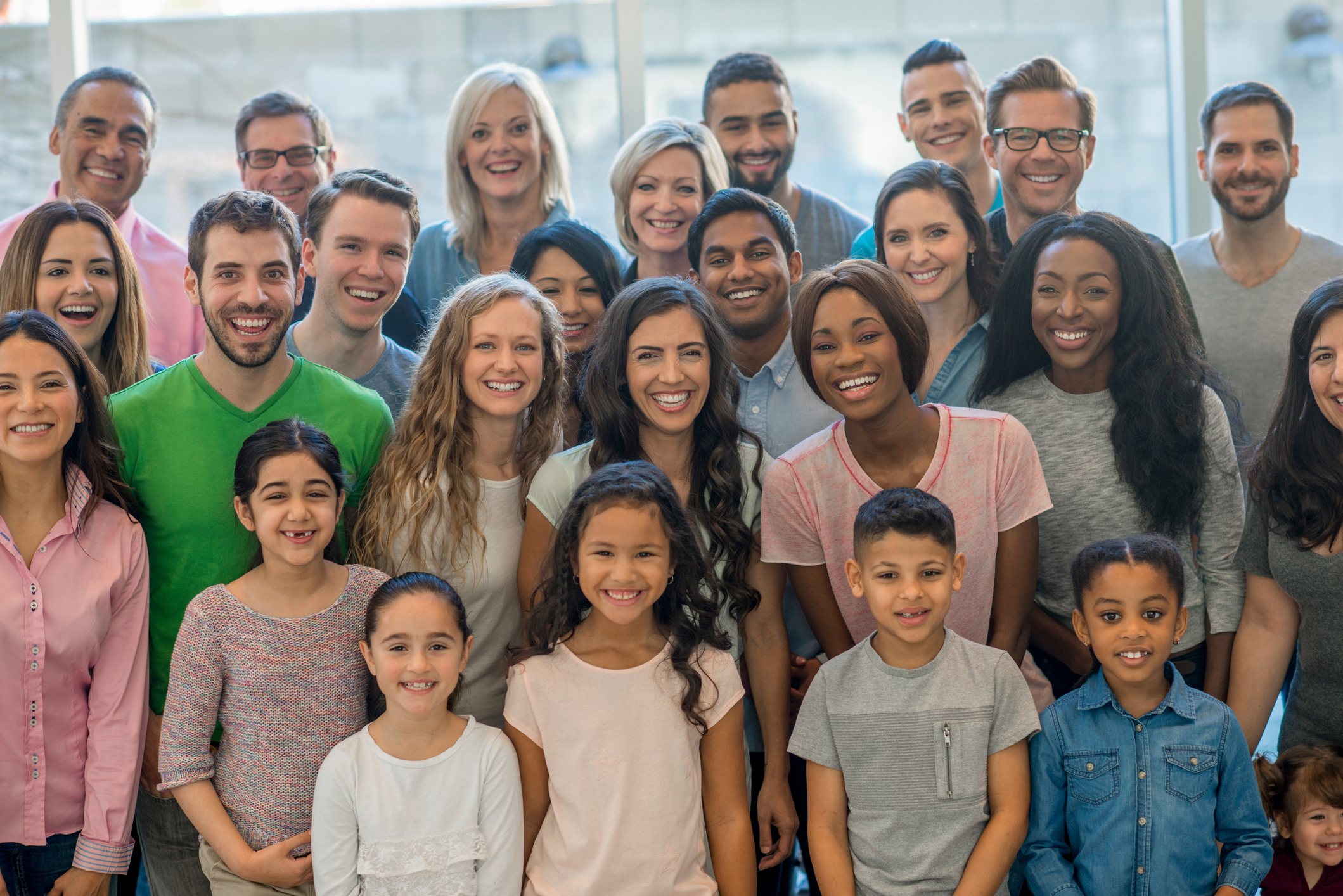At the YMCA, our mission is to help build strong communities. One dimension of having a strong community is for each of us to take the time to learn from, respect, and appreciate the rich differences we all have. In fact, one thing we all have in common is that each of us is not common - we are each beautifully unique in our way. There is not one other person on this planet that has the same background and experiences and composition as you. You are special, and equally so is your neighbor. So, this June, let's take time to grow healthier together as a community by investing time to learn more about someone who is different than us. Let's lead with empathy and seek to genuinely understand more from those around us. Maybe even offer to help or serve, or simply offer a kind gesture to someone. You may just end up making a new friend! Let's build the kind of community we want, starting with us.
Summer brings literally hundreds, if not thousands, of youth, adults, and families into the Y. They come from all races, ethnicities, socio-economic backgrounds, gender identities, and life experiences. It's important to lean in and be open to learning if we are truly going to be “for all.” So, here are three basic steps to consider on your journey to being part of creating a safe and welcoming environment for all.
The first step is to educate yourself about the challenges in our communities, and the very things that are causing individuals to feel unsafe at schools, in groups, and even in their workplaces. Figure out what you know and what you don’t know by listening and then learning about the issues. If you want to be “for all” it is imperative that you expose yourself to material that represents multiple viewpoints and perspectives. It’s a way to not only allow you to celebrate diversity but to acknowledge it. For example, this month is Pride Month. Pride Month honors the 1969 Stonewall riots in Manhattan and the collective effort to achieve equal justice and equal opportunity for LGBTQ+ Americans. It commemorates and recognizes the marked impact and countless contributions that lesbian, gay, bisexual, and transgender individuals who have faced discrimination based on sexuality and gender identity.
The second step is to plan inclusive activities. Don’t assume you know an individual based on what you have experienced with people who may look like them or act like them or are from the same geography. Our assumptions are barriers to this journey towards a kinder, more equitable, and inclusive world for all. Rather, ask people about themselves; what name do they go by versus their preferred name? (It’s more than a preference to many.) Encourage everyone to use their voice and share their perspective. We shut that down easily if we miss the little things. For example, when planning ice breakers, make sure you divide individuals into groups by birthdays instead of gender. When individuals see you take the initiative to include everyone, they feel more comfortable themselves.
The third step is to take a stand on bullying. Bullying is a sad but common reality in all aspects of our lives whether in schools, in group activities, or even in the workplace and homes. Adults, like youth, can be bullies. It is imperative to not tolerate bullying, biases both overt and subversive, microaggressions, and other problematic behaviors. How you address these issues will be different from individual to individual, but it is important to make it known that this behavior is unacceptable and will not be tolerated.
Starting the conversation about bringing diversity into our programs, workplace, groups, and all aspects of our lives can be difficult because diversity can be voiced in many different ways. But all of these places are filled with diverse individuals so the first step is to tap into those backgrounds to get started. Be intentional with learning from those around you and using the feedback to grow.
We cannot be “for all” if we are not intentional in ensuring that everyone feels, knows, and experiences a sense of “no matter who you are, you are seen, appreciated, and celebrated at the Y.”
